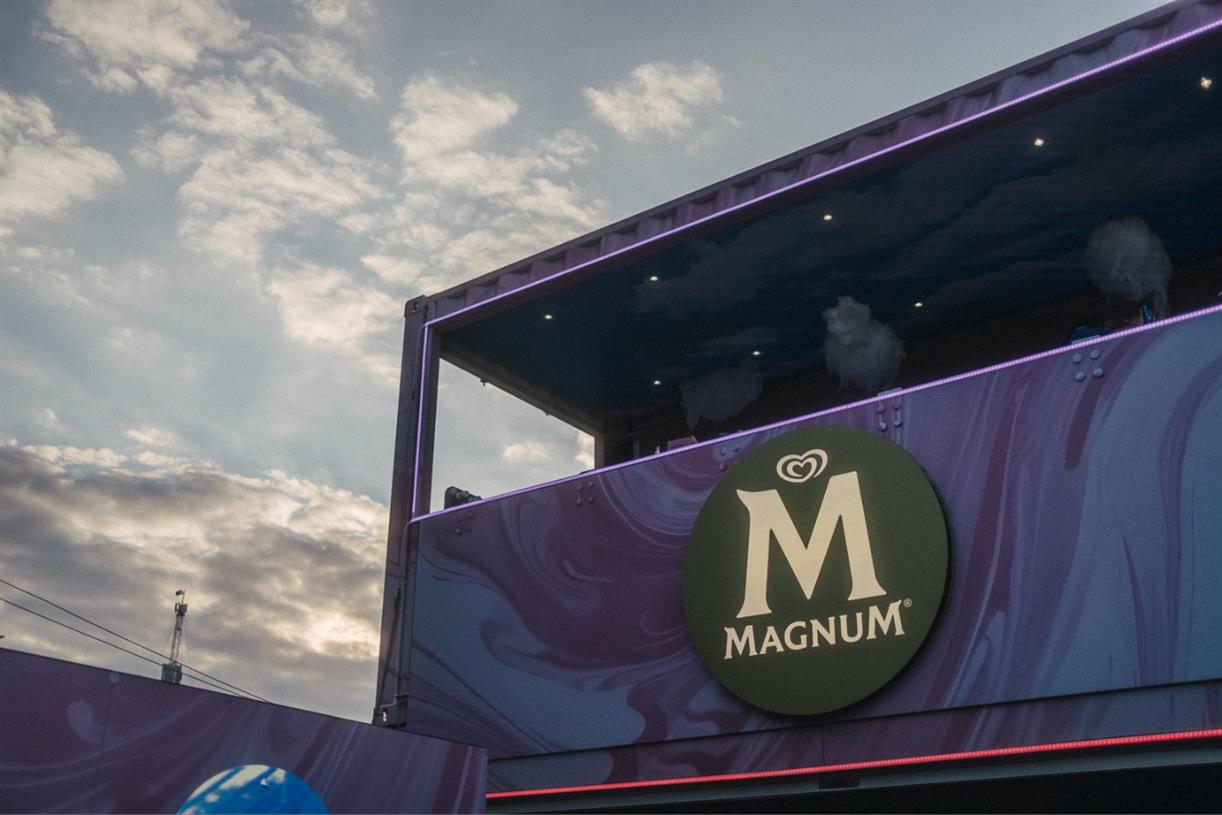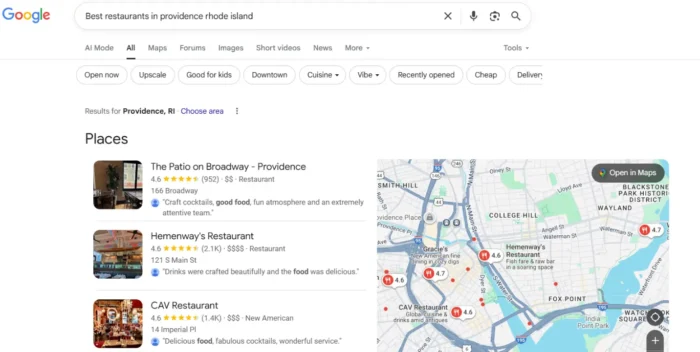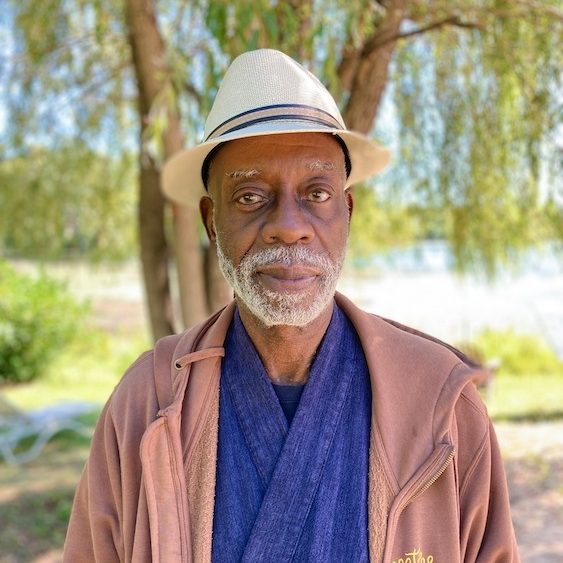Cannes Lions’ first Deaf juror Storm Smith on how to make the festival even more inclusive
Additional interpreters would give Deaf and hard of hearing attendees the freedom to participate in any event.

Storm Smith, producer and diversity inclusion accessibility lead at BBDO Los Angeles and a member of Ad Age’s Diversity Council, reflects on what the Cannes Lions did right and how it could be even better for deaf jurors and delegates
I have dreamed of attending Cannes Lions ever since I started working at BBDO. Five years later, I received an important email—an invitation to be a juror for the Industry Craft Shortlist category.
I was stunned and delighted—it was beyond an honor. I wanted to know how I got chosen, so I reached out to Noelle Keeley, an awards director at BBDO New York. Noelle shared they were looking for a U.S. representative and a woman of color to be a juror for the category. She compiled a list of names and submitted it to Cannes Lions, the organizers found my profile and made the decision.
As soon I accepted my role as a juror and knew I would be attending in person, I immediately told them I am deaf and that I needed to bring my interpreter, Mandy David, with me for the full accommodation. They said “yes” in a heartbeat. They were also transparent that they didn't know I was deaf and confirmed my participation would mark the first time in the history of the Cannes Lions that it would have a Deaf juror. Shortly after that, Cannes and BBDO altogether thoroughly supported bringing my interpreter. I am grateful for their continuous inclusive commitment and support for me.
As a juror for Industry Craft, we had to review all the powerful work from all over the world online prior to the festival and had a deadline to complete the voting process. My first concern was if the content was provided with captions. I did not want to miss out on the opportunity to understand the work. Otherwise, I wouldn't be able to vote as I did not take the process lightly. Proactively, I set time aside with Mandy to review the work together so she could interpret the content that did not have access to captions. I successfully was able to review about 300 campaigns.
For the future voting process online and in-person, I would love to see all the content captioned across all categories; it is not only because we have jurors or viewers who may have hearing loss, but it would also provide access when the audio/sound cannot play on devices in sound-sensitive environments and ensure clarity of dialogue. During the award shows, I would love all the videos and live feeds on the big screen to be captioned. Additionally, the jurors/viewers can benefit from video transcriptions as well.
The work
I love the recurring themes I found across the work: transformative change through the narrative and innovative resources for the communities and the world; creativity pushing for bolder truths; thought-provoking messages that reflect today's world; and portraying the lenses of multicultural and humanity. One of the pieces that really moved me was the Gold Lion-winning “Lesso Lessons” by Roto and The Ministry of Health Kenya, from Ogilvy Africa. The work embedded resources on lessos (cloth wraps mothers use to carry their babies), and illustrations on breastfeeding and nutrition to help them raise healthy babies. Education was the solution that saved, enriched and empowered mothers and children.
Accessibility at Cannes
I love that the Cannes Lions had proactively arranged teams of American Sign Language interpreters. One of the best parts is that they also hired a Deaf interpreter as part of the interpreter teams. They interpreted the keynote presentations and award nights in Lumiere Theater, allowing everyone to see their presentations were being interpreted in American Sign Language. I witnessed a few people approach interpreters with praises and compliments. We all shared that appreciation. The interpreters shared the same stage as Ryan Reynolds and Lupita Nyong'o! This was the most authentic experience for me watching interpreters, especially a Deaf interpreter.
I would love more interpreters to be hired again for the future Cannes. For full access, position interpreters at all brands' beaches and presentation locations, not just selected ones. It will give the future Deaf and hard of hearing attendees the benefits and freedom of choice to attend any events they want.
My experience at Cannes has been rewarding. There is a lot of room to improve for next year and beyond. We still need to invite more diverse people with disabilities and deaf and hard of hearing from the industries to lead, consult and support the accessibility component at Cannes, and to be part of the juries, presentations and partnerships. This also will create a new community at Cannes. Our presence will make an invaluable difference, as we have stories to share and perspectives to contribute to an equitable future.
Cannes Lions’ theme is “This is your moment. Make History.” The festival made history by selecting me as a first-ever Deaf juror. This is my moment to share my thoughts on what it takes to make advertising’s biggest event of the year fully inclusive for all.

 Tekef
Tekef 
































